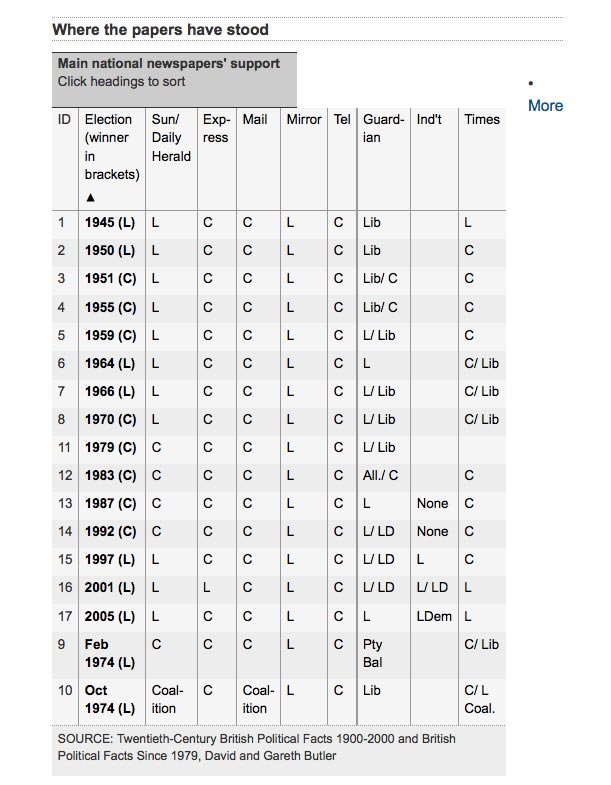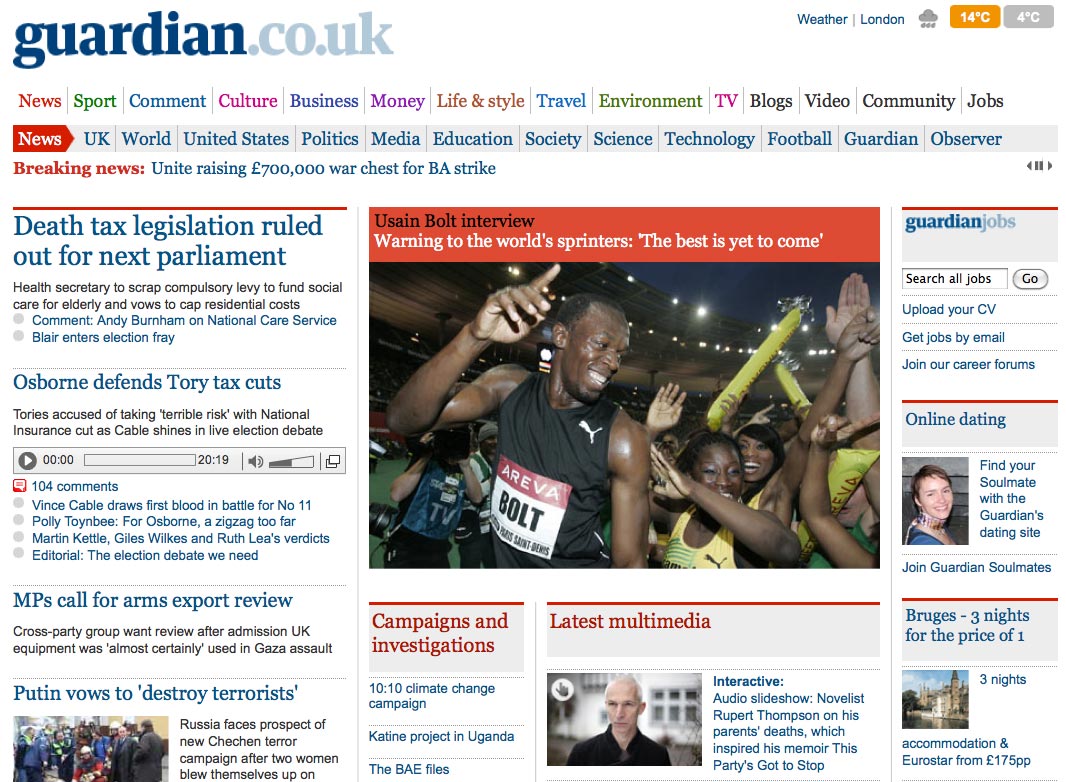This week’s operation in Afghanistan to rescue New York Times journalist Stephen Farrell, during which a British soldier, Farrell’s Afghan translator (Sultan Munadi) and two civilians were killed, has provoked national debate in the UK:
“One senior Army source told the Daily Telegraph “When you look at the number of warnings this person had it makes you really wonder whether he was worth rescuing, whether it was worth the cost of a soldier’s life.” (Telegraph.co.uk)
Many of the commenters on news stories feel very strongly that it was wrong for a journalist’s actions to lead to such tragic consequences, as Jon Slattery noted on his blog yesterday. Further still: “Members of the Armed Forces have expressed anger that he [Farrell] ignored warnings not to visit the site of an air strike on two hijacked fuel tankers that killed scores of Taliban and innocent villagers,” the Telegraph reported. Others defend the role of journalists in Afghanistan: for example, the Committee to Protect Journalists and the International Federation of Journalists.
This tragic incident also raised another issue, that of media silence. Today a special report by Joe Strupp on Editor&Publisher questions whether media blackouts are appropriate when reporters are kidnapped in war zones. It’s an excellent overview of recent events, that looks back at the case of another New York Times journalist, David Rohde – the paper managed to keep news of his kidnap off Wikipedia until his escape seven months later.
The question of media blackout is one Journalism.co.uk has raised in the past. In January, we reported on the silence surrounding the kidnap of the Telegraph’s Colin Freeman and José Cendon in Somalia. We had been asked not to report on the case by the Telegraph and the UK Foreign Office when the pair went missing at the end of 2008. The ban was lifted when they were released.
However, as we reported, some information was published before the blackout request was made clear: the Committee to Protect Journalists (CPJ) released information relating to the journalists’ kidnap on November 26 2008 and Roy Greenslade subsequently blogged about it at Guardian.co.uk – the post was removed but it was still captured in the RSS feed.
It’s a complex issue that Strupp raises in his E&P article:
“With Rohde’s escape, a major debate ignited in and out of the journalism community about how responsible the coordinated secret had been. Was this a breach of journalistic ethics, sitting on a story for so long mainly because a colleague was involved?”
Strupp quotes Edward Wasserman, a journalism professor at Washington & Lee University in Virginia, who echoed claims of other critics, that the Times and similar news outlets would not do the same for a non-journalist: “Some people are in a position to implore the press for restraint better than others”.
It is a debate we need to have in the UK too: the London-based Frontline Club would be an ideal venue in which to hold a discussion with representatives from the UK foreign office, press freedom and safety organisations and news organisations raising the reasons for and against media blackouts. The practicalities of enforcement also need to be discussed. We understand that such an idea is in the pipeline, so we’ll keep you posted.
Please do share links to existing debate online.
In the meantime, here is a link to an item on this morning’s BBC Radio 4 Today programme, featuring Frontline Club founder and cameraman (and former soldier) Vaughan Smith and the BBC’s Jeremy Bowen discussing the Stephen Farrell case.
http://news.bbc.co.uk/today/hi/today/newsid_8247000/8247681.stm

